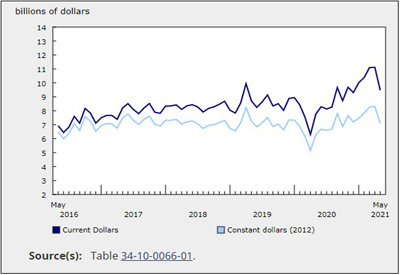Starting the New Year with a Focus on Mental Health

Jan 6, 2021
By Michelle Branigan
While most of us were glad to see the end of 2020, ringing in the new year felt a little different this year. Most of us were celebrating in our “bubbles” — missing family and friends, having not seen them for months or, in my own case, over a year.
At the same time the challenges we faced in December are still with us in January. The pandemic continues, and many of us across the country are continuing to work from home, struggling with the day-to-day pressures of caring for family while still meeting deadlines for work. Others who live alone may be feeling isolated and lonely. The advice from government and public health officials across the country changes frequently, and plans to resume some semblance of normality have been put on hold for a while longer.
As we step into 2021, we should remember to be mindful of the mental health of our colleagues, our employees, and ourselves. Winter is already a difficult time for many, and the long-term stress that we have all experienced due to the pandemic may increase people’s feelings of anxiety, sadness or fear.
When setting goals for the year, consider integrating workplace mental health and well-being into your planning process. Not everyone may be feeling a “new year, fresh start” mindset and some may need time to adjust. Workplans that are mindful of employee well-being can go a long way in helping individuals balance their mental health needs while remaining productive and able to contribute their best towards organizational goals. Most individuals want to be their best at work — and there are tools out there to help.
The Mental Health Commission of Canada’s guide to winter mental health suggests that employers can incorporate flexibility practices through specific strategies, such as
• redistributing tasks to balance workloads
• defining flexible work and work hours
• focusing on effort and results rather than time spent
• encouraging teams to establish and respect boundaries
• taking time to understand the psychological demands of the work
• helping workers get the rest they need by providing tools and resources (instead of expecting them to self-manage)
• mentoring workers to prepare them for the future
In many cases, a few small changes can make a large impact towards supporting employee mental health. Simply opening the discussion around mental health at work and fostering an open, supportive environment where employees feel comfortable communicating their needs is a great place to start.
At the same time it’s also time to be kind to yourself. Get outside if you can for a walk during the day. Limit how much time you spend checking for pandemic updates. Remember that sometimes perfection is the enemy of the good, and not everything you do has to be perfect.
Not everyone has learnt a new language, become a chess wizard or mastered the kitchen as part of their COVID-19 experience. I personally have fed my child Rice Crispies for dinner on far too many occasions and have decided that is not something worth stressing about (plus he loves it). I’ll take that as a win.
The good news is that there are now a number of vaccines proven to beat COVID-19, and we know that the end to the pandemic is in sight. It may take a little longer than we would want, but like winter it too will end.
We weathered 2020 by supporting each other when it mattered the most. Let’s continue to support each other throughout the year to come.
Michelle Branigan is CEO, Electricity Human Resources Canada.











